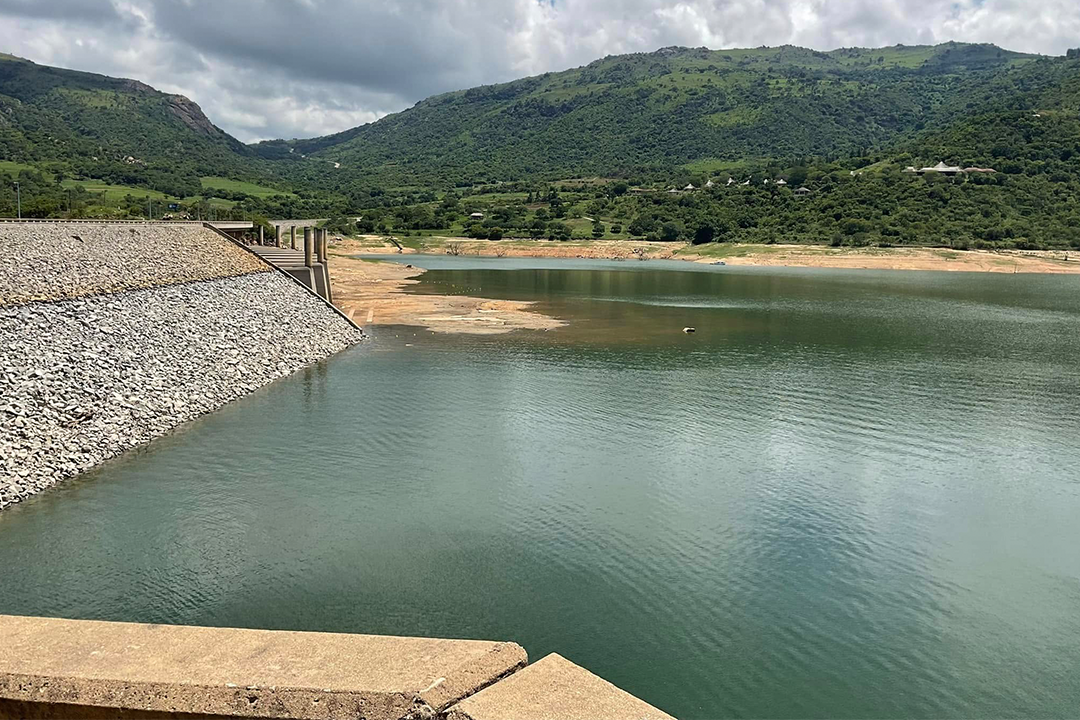By Mbongeni Ndlela
MBABANE – In the wake of severe drought conditions and prolonged heat waves, Eswatini’s major dams are experiencing dangerously low water levels, prompting the government to take immediate action. Prince Lonkhokhela, Minister of Natural Resources and Energy, yesterday commissioned a delegation of experts on a fact-finding mission to assess the situation and its potential impact on the country’s water and power supply.

The expert team, comprising representatives from the Eswatini Electricity Company, Eswatini Water Services Corporation, Komati Basin Water Authority (KOBWA), and the Department of Water Affairs, was led by the Acting Principal Secretary of the Ministry, Sicelo Nxumalo. Their task was to inspect the Luphohlo, Hawane, and Maguga dams—three critical water reservoirs supporting hydropower generation, potable water supply, and irrigation in the country.

The delegation’s findings were deeply concerning. Luphohlo Dam, a major source of hydropower managed by the Eswatini Electricity Company, is currently at 50.86% capacity. Hawane Dam, which supplies drinking water to the towns of Mbabane and Ezulwini, has dropped to 39.02%. Maguga Dam, under KOBWA’s management, stands at 66.64%. This marks a significant decline from the dams’ near-full capacity during the same period last year, underscoring the severity of the ongoing drought.

The drought threatens to disrupt both water supply and electricity generation, with potential implications for households, businesses, and agriculture. Despite the grim statistics, the Ministry remains hopeful that the rainy season will bring some relief.
In the meantime, the government is urging the public to adopt water-saving measures. By using water responsibly, citizens can contribute to mitigating the strain on the country’s resources and help preserve its ability to meet critical needs.
While the drought presents significant challenges, the fact-finding mission has provided valuable insights for planning and resource management. As the Ministry of Natural Resources and Energy continues to monitor the situation closely, it emphasizes the collective responsibility of every citizen in conserving water during this critical period.

The hope remains that forthcoming rains will replenish the dams and restore balance to the nation’s water and energy systems. Until then, vigilance and conservation remain paramount in navigating this challenging time.








